Must-watch movies about the usa in the 60s
Explore the era of change and cultural shifts through the lens of cinema. These films capture the essence of a transformative decade in American history.
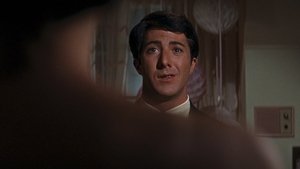

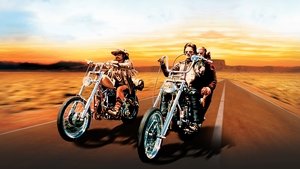
The 1960s in America were a time of profound social and political upheaval, and cinema of the era reflected this seismic shift. From the counterculture movement depicted in films like Easy Rider, which became a landmark of independent cinema and captured the disillusionment of a generation, to the challenging of traditional norms seen in The Graduate, these movies offer a window into a society grappling with change.
It's fascinating to see how filmmakers experimented with form and content, pushing boundaries and reflecting the turbulent times. Films like Bonnie and Clyde not only redefined the gangster genre but also mirrored the growing anti-establishment sentiment. Even seemingly disparate films like the darkly comedic Dr. Strangelove and the epic western The Wild Bunch touch upon the anxieties and conflicts of the time in unique ways. This list provides a compelling look at how the silver screen captured a nation in transition.
13. The Making of ‘Mad Men’ (2007)
The Making of 'Mad Men' isn't a narrative film set in the 1960s, but rather a documentary that delves into the creation of the critically acclaimed television series Mad Men. Since Mad Men is one of the most accurate and detailed portrayals of 1960s American life, particularly in the world of advertising, this documentary offers fascinating insights into the research, design, and storytelling that went into bringing that era to life on screen. It's a must-watch for anyone interested in the historical context and production behind the show.
12. Dr. Strangelove or: How I Learned to Stop Worrying and Love the Bomb (1964)
Stanley Kubrick's Dr. Strangelove or: How I Learned to Stop Worrying and Love the Bomb is a brilliant and darkly comedic satire of the Cold War and the fear of nuclear annihilation that permeated the 1960s. The film's absurd premise and unforgettable characters highlight the madness of the arms race and the potential for human error to lead to global catastrophe. Peter Sellers delivers multiple incredible performances in different roles. It's a film that is both hilarious and terrifying, a true masterpiece of political satire that perfectly captured the anxieties of its time.
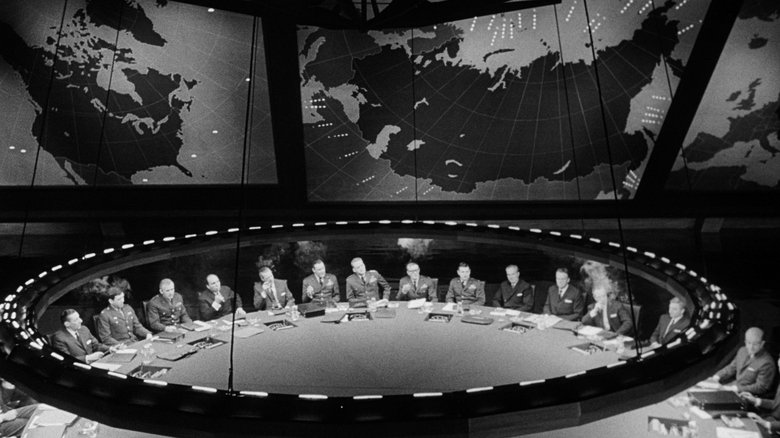
11. The Great Escape (1963)
The Great Escape is a classic war film that embodies the spirit of resilience and determination. Set during World War II, it tells the true story of Allied prisoners of war who plan a massive escape from a German POW camp. While not directly about the 1960s, its themes of challenging authority and the pursuit of freedom resonated with the era's sensibilities. The film features an all-star cast and remains a thrilling and inspiring story of courage under pressure.
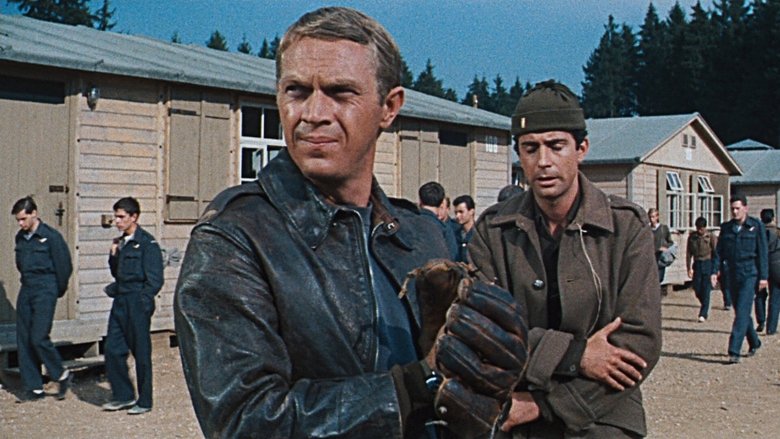
10. Butch Cassidy and the Sundance Kid (1969)
Butch Cassidy and the Sundance Kid is a beloved Western that captures a sense of freedom and adventure, while also reflecting on the end of an era. Starring the iconic duo of Paul Newman and Robert Redford, the film follows two charming outlaws on the run. While set at the turn of the century, its themes of friendship, facing changing times, and the allure of the open road struck a chord with audiences in the late 1960s. The film's famous bicycle scene, set to "Raindrops Keep Fallin' on My Head," is a memorable moment of pure joy.

9. The Wild Bunch (1969)
The Wild Bunch is a revisionist Western that arrived at the end of the 1960s and reflected the changing attitudes towards violence and heroism. Sam Peckinpah's film is known for its groundbreaking, stylized depiction of violence and its morally ambiguous characters. It follows a gang of aging outlaws in 1913 who are trying to survive in a changing world. While set earlier, its brutal realism and questioning of traditional Western tropes felt very much in line with the disillusionment of the late 60s.

8. Cool Hand Luke (1967)
Cool Hand Luke is a classic film about rebellion against authority, a theme that resonated strongly in the 1960s. Paul Newman stars as Luke, a man who refuses to be broken by the cruel conditions of a Southern chain gang. His defiant spirit and refusal to conform make him a symbol of hope and resistance for his fellow prisoners. The film's famous line, "What we've got here is failure to communicate," has become part of cinematic history. Newman's charismatic performance is at the core of this enduring story.

7. In the Heat of the Night (1967)
In the Heat of the Night is a powerful and thought-provoking film that tackles racial prejudice in the American South during the 1960s. Sidney Poitier delivers an iconic performance as Virgil Tibbs, a Black detective from Philadelphia who is reluctantly drawn into a murder investigation in a racially charged Mississippi town. The dynamic between Tibbs and the prejudiced local police chief, played by Rod Steiger, is the heart of the film. It's a film that remains relevant for its exploration of systemic racism and the slow, difficult fight for equality.
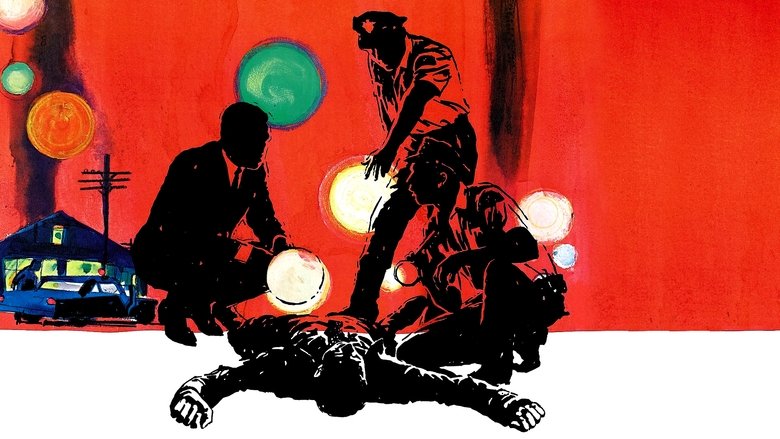
6. Midnight Cowboy (1969)
Midnight Cowboy is a gritty and poignant drama that offers a stark look at life on the fringes of society in late 1960s New York City. It tells the story of a naive Texan who comes to the city hoping to become a gigolo, and the unlikely friendship he forms with a sickly con man. The film's honest portrayal of poverty, loneliness, and the struggle for survival was groundbreaking for its time. It remains the only X-rated film to ever win the Academy Award for Best Picture, a testament to its powerful storytelling and performances by Dustin Hoffman and Jon Voight.
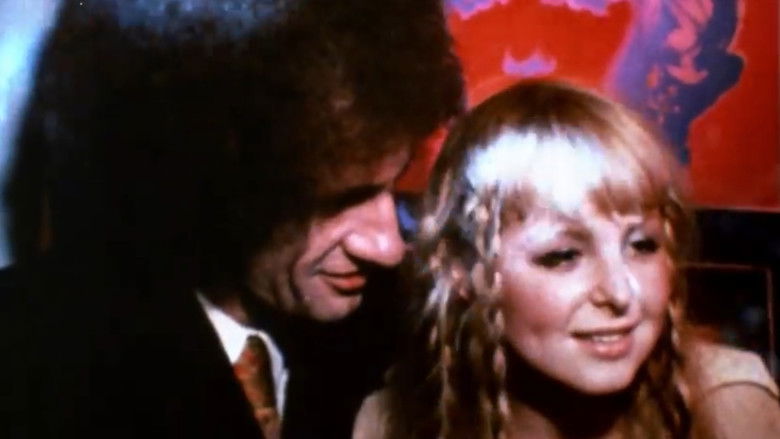
5. Easy Rider (1969)
Easy Rider is a landmark film of the late 1960s, a true counterculture classic. This road movie follows two bikers, played by Peter Fonda and Dennis Hopper (who also directed), as they travel across America after a drug deal. It's a film that captures the spirit of freedom and rebellion, but also the growing tensions and divisions within American society at the time. The film's low budget and unconventional style, combined with its themes of alienation and the search for meaning, made it a huge success and a symbol of the changing times.

4. Bonnie and Clyde (1967)
Bonnie and Clyde burst onto the screen in 1967 and completely changed the landscape of American cinema. This stylish and violent portrayal of the infamous Depression-era outlaws felt incredibly modern and rebellious for its time. While set in the 1930s, its anti-establishment themes and depiction of youthful rebellion spoke directly to the counterculture movement of the 1960s. Faye Dunaway and Warren Beatty are absolutely electric as the titular duo, and the film's ending remains one of the most shocking and influential in film history.
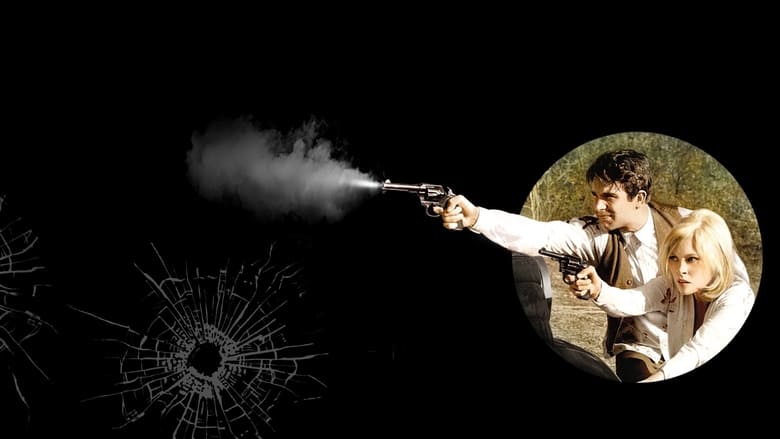
3. The Graduate (1967)
The Graduate is a quintessential film of the late 1960s, perfectly capturing the disillusionment and uncertainty felt by many young people at the time. Dustin Hoffman's portrayal of Benjamin Braddock, a recent college graduate adrift in a world he doesn't understand, is truly captivating. The film's exploration of themes like alienation, societal expectations, and generational divides still resonates today. And of course, the iconic soundtrack by Simon & Garfunkel is inextricably linked to the film's mood and legacy. It's a movie that feels both specific to its time and universally relatable.

2. American Graffiti (1973)
George Lucas's American Graffiti is a nostalgic and incredibly authentic look at teenage life in the early 1960s. Set on the last night of summer before college, the film follows a group of friends cruising around Modesto, California. The soundtrack is a character in itself, filled with rock and roll hits that perfectly capture the era's energy. It's a film that feels incredibly real, with its focus on everyday conversations, relationships, and the bittersweet feeling of the end of an era. Interestingly, the film was a massive box office success and helped launch the careers of many of its young stars, including Richard Dreyfuss and Harrison Ford.
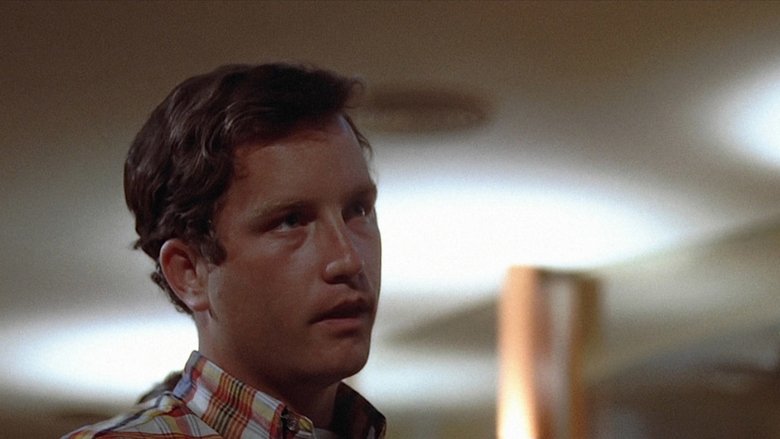
1. Forrest Gump (1994)
While Forrest Gump spans several decades, its portrayal of the 1960s is absolutely central to its charm and narrative. We see Forrest navigate the turbulent waters of the era, from the civil rights movement and the Vietnam War to the counterculture. It's a truly unique lens through which to view this pivotal time in American history, blending real historical footage with Forrest's innocent perspective. The film's blend of comedy, drama, and historical events resonated with audiences worldwide, earning it multiple Academy Awards, including Best Picture. Tom Hanks delivers a performance that is both heartwarming and iconic, making Forrest Gump a character you won't soon forget.

